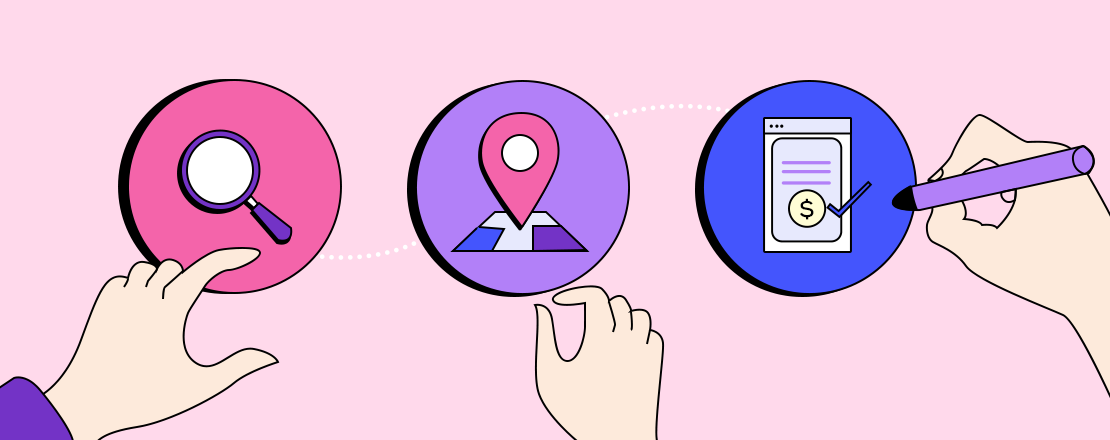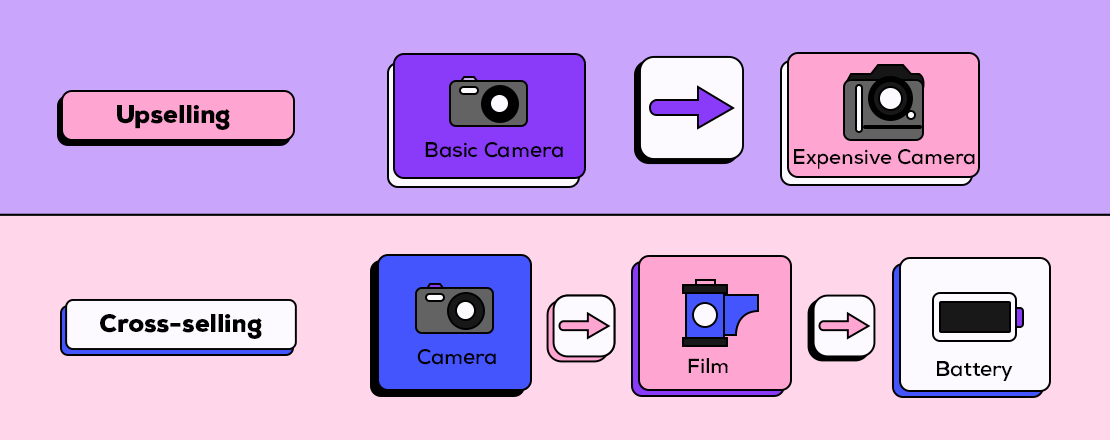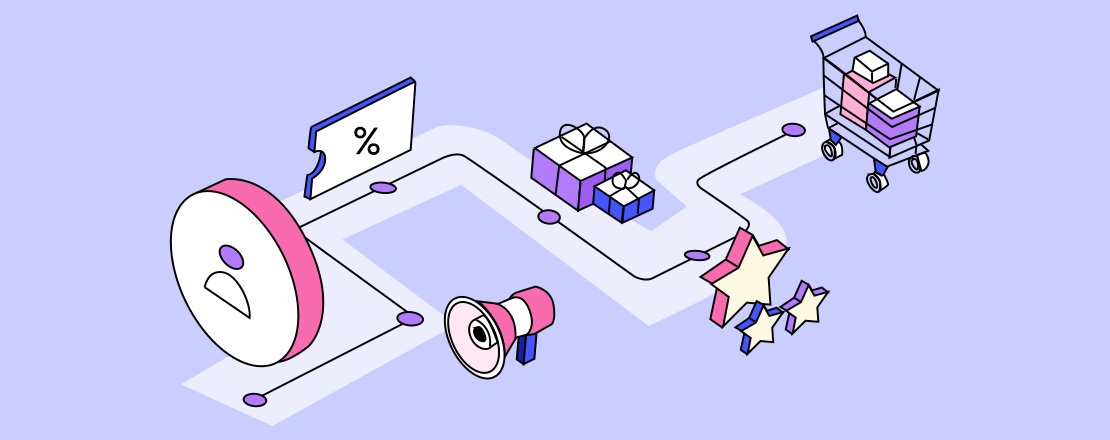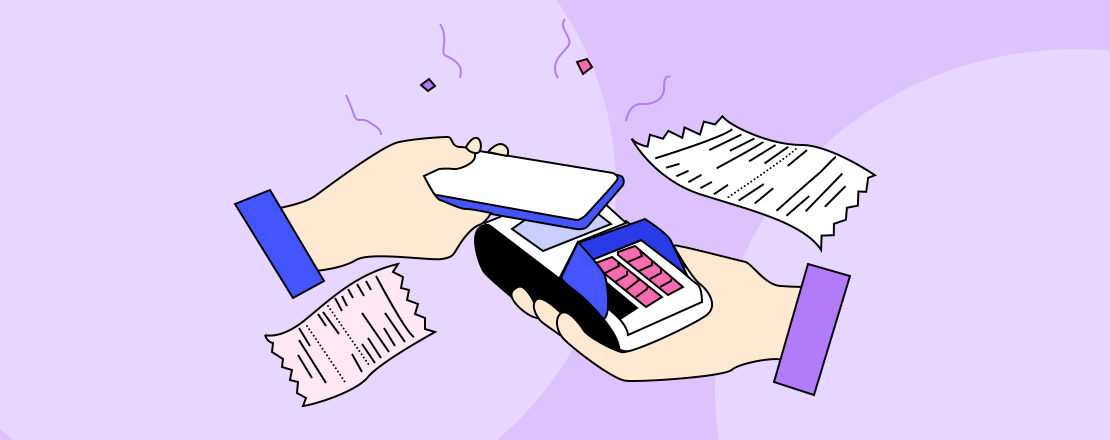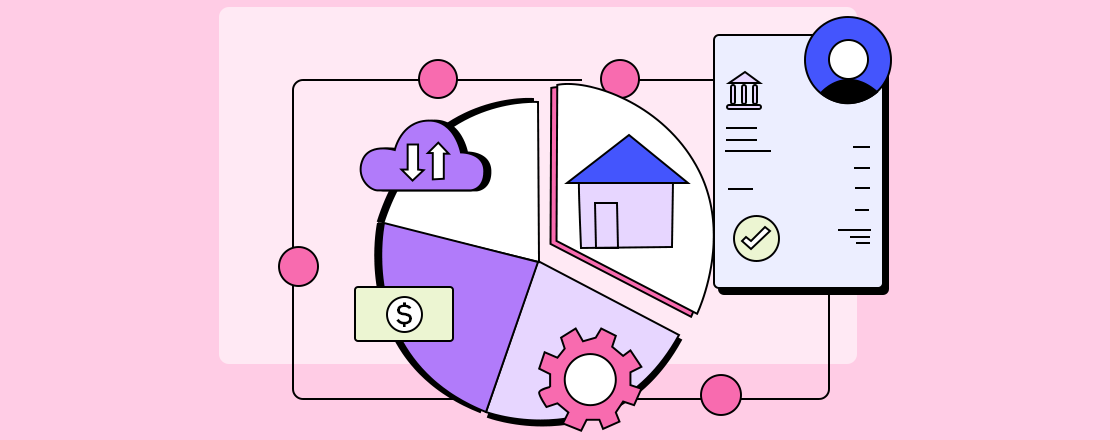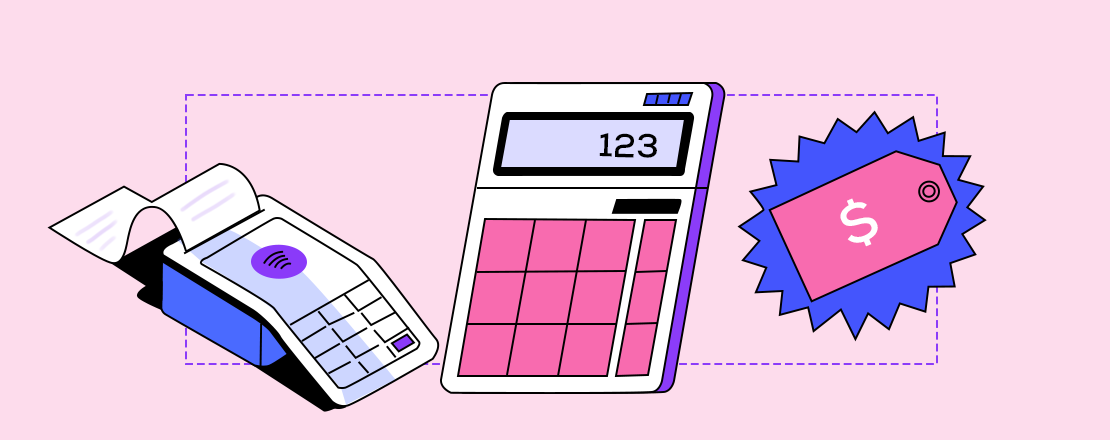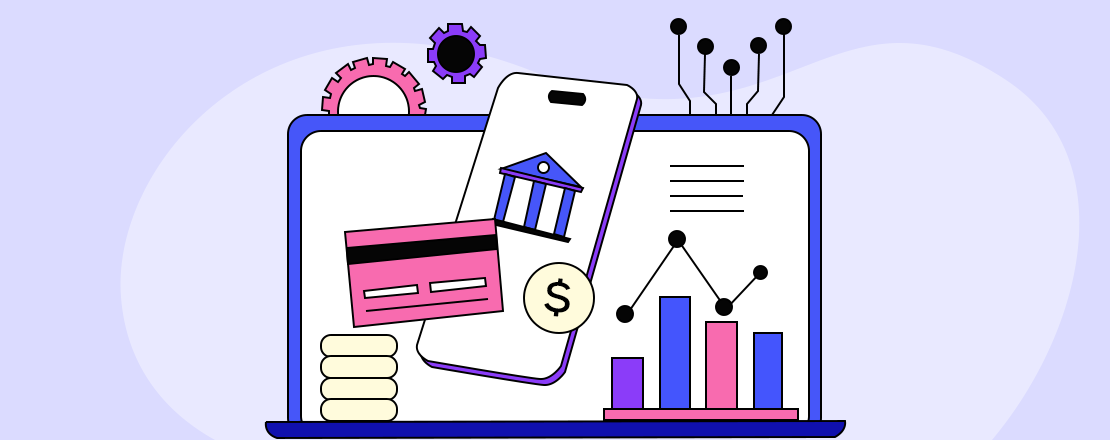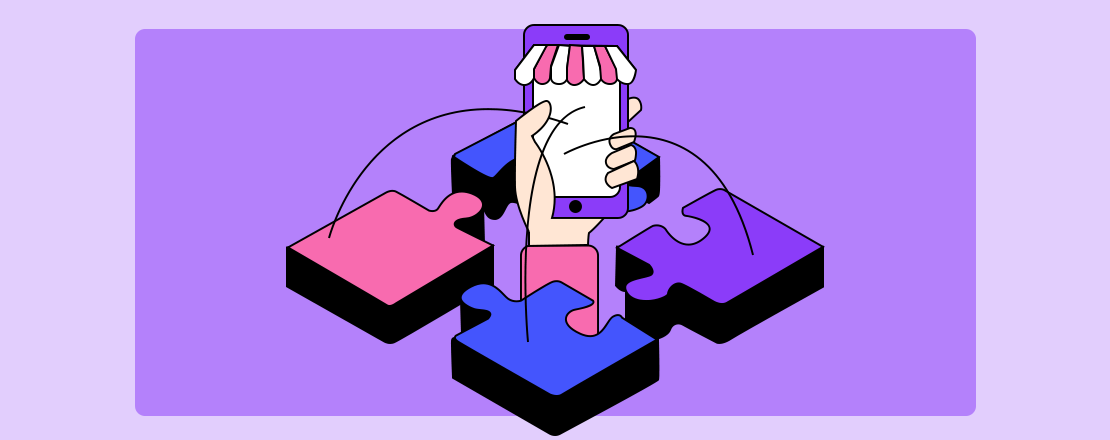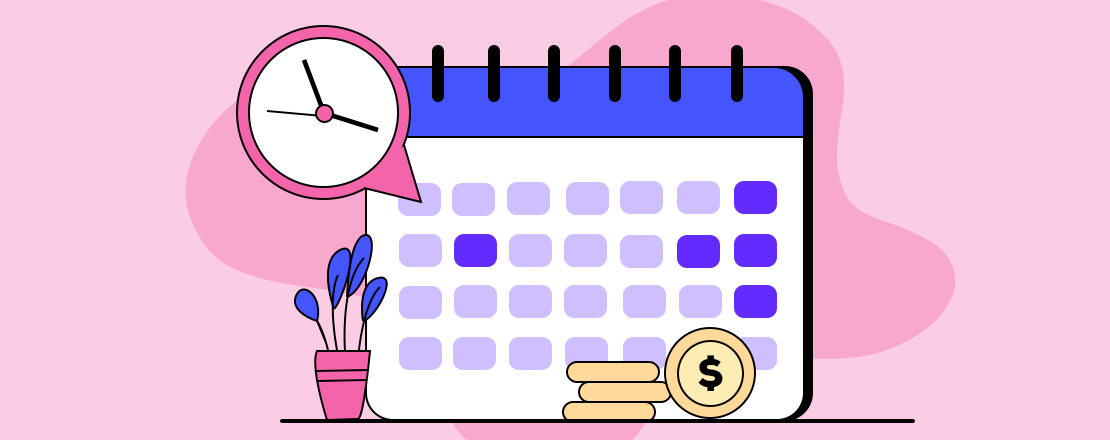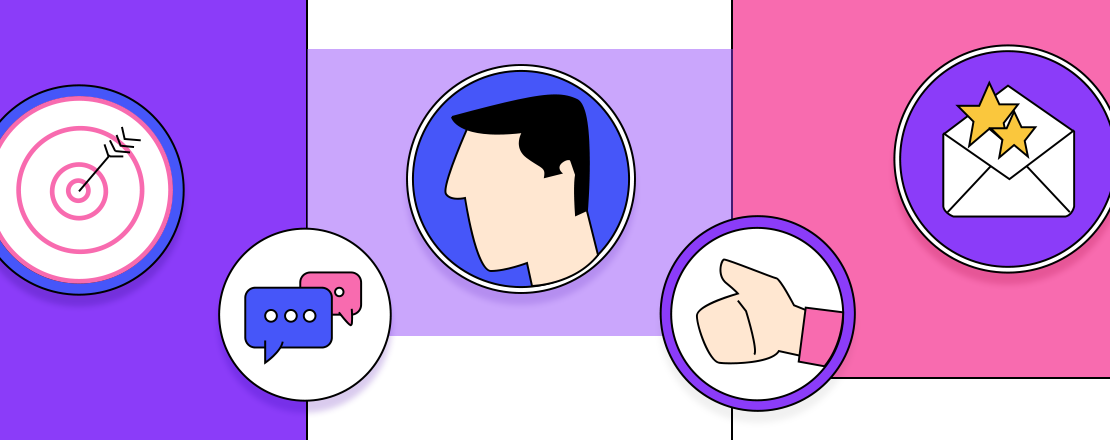Healthcare is one of the industries in the United States that is in the direst need of innovation. There are many aspects of the healthcare industry that are needlessly complicated and expensive, like data maintenance and sharing, contract negotiation, and many other functions that cost providers time and money.
Blockchain technology has the potential to speed up, and reduce the cost of, almost all of these functions. Distributed ledgers offer the perfect balance of transparency and security, and they reduce the need for costly intermediaries. To dive deeper, there are a few things that must be covered:
- What is Blockchain technology?
- What functions can Blockchain perform in healthcare?
- What is the future of Blockchain in healthcare?
.png?width=690&name=shutterstock_1279492897(1).png)
What is Blockchain Technology?
Blockchain technology is a decentralized ledger that is segmented into “blocks” of information that show when data has been added to the chain. Data entered into a blockchain cannot be changed or removed after the fact, which makes for an easily-auditable chain of data that is resistant to tampering.
Blockchain ledgers are also encrypted, meaning that the data they hold is exceptionally secure. This is what allows blockchain to be so helpful in the medical field, as many innovations are limited by their ability to keep patient data safe. Now, how exactly would blockchain help the healthcare industry?
What Functions Can Blockchain Perform in Healthcare?
Fundamentally, blockchain is a data storage and sharing technology. This means that the functions it will perform most often in healthcare are those related to how data is stored, shared, and utilized. These functions include:
- Storage of patient information
- Sharing data between a patient’s providers
- Negotiating contracts between providers and life science companies
Storage of Patient Information
Data storage is expensive and time-consuming, so having a cheaper and more secure way of maintaining said information is a major value-add for healthcare providers around the world. Blockchain gives a cloud-based information storage option that is resistant to data theft, easy to share amongst different providers when medical records need to be shared, and transparent in its functionality.
Sharing Data Between a Patient’s Providers
Healthcare patients often see a number of different providers throughout their life, and medical history is a massive part of properly diagnosing and treating them. Without a more centralized data repository from which patient information can be accessed, it may take a while before someone’s new doctor knows exactly what they have been treated for in the past, or their family medical history. This might add time and cost to the creation of a care plan and result in redundant diagnostics.
For example, a patient-centered Blockchain-based method of storing medical history has been created that allows patients and healthcare providers easy access to their comprehensive medical history. With this technology quickly gaining popularity, it might prove to be an effective solution to the problem of cumbersome data-sharing tools.
Negotiating Contracts Between Providers and Life Science Companies
In order to provide top-of-the-line care, hospitals must negotiate contracts with the companies that provide the treatments that they offer to their patients. This step is where the efficiency and multi-faceted nature of decentralized ledgers can be leveraged to simplify the complex negotiation process.
Through Blockchain technology, software exists for pharma manufacturers, care providers, and payers that takes every aspect of a pharmaceutical contract and incorporates it into a single software interface. This could make negotiations easier and less time-consuming, allowing hospitals more time to focus on the treatment they are there to provide.
What is the Future of Blockchain in Healthcare?
Realistically, blockchain still has a long way to go in regard to implementation on an international level. Despite it being in its infancy, though, the technology has proven to be much more efficient than virtually any other at the functions that it can serve. Its decentralized nature also makes international data sharing far easier, which could allow blockchain to be a leading driver in worldwide medical innovation as time goes on.
There are endless possibilities for blockchain, and healthcare providers have a number of ways to benefit from firms that have been working in the field for years to make the technology accessible to healthcare providers and patients out-of-the-box.
Do you have more questions about blockchain-based healthcare? Request a demo or contact us at support@skeps.com.






